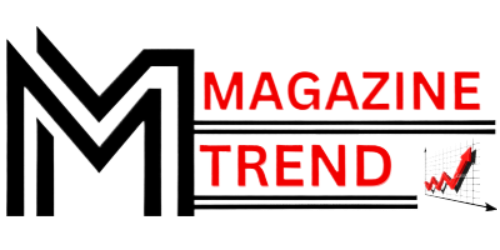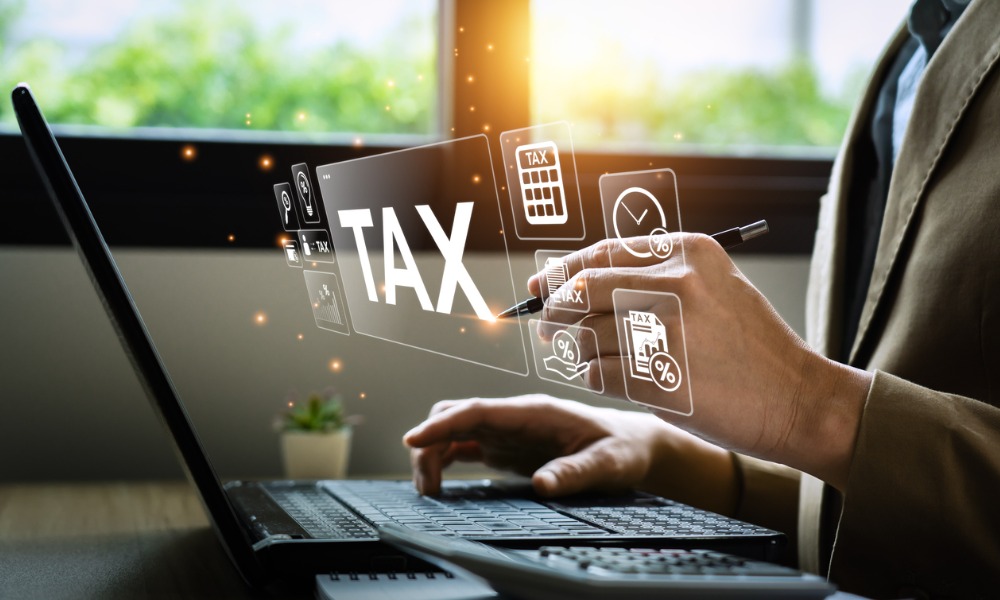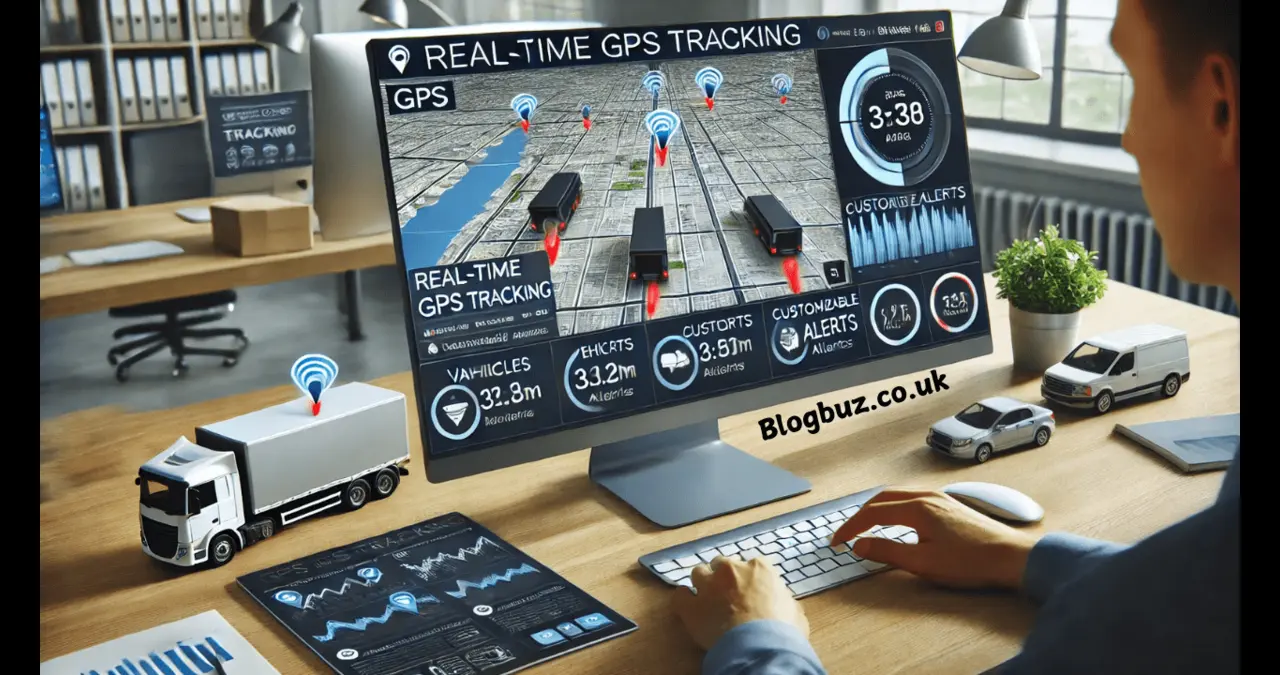Taxes Guide Ontario: Understanding taxes in today’s digital and global economy can feel like solving a Rubik’s cube in the dark. But here’s the deal whether you’re an entrepreneur, freelancer, investor, or just someone trying to keep your finances in check, you can’t escape taxes. They’re a vital part of your financial story, and knowing how to manage them is crucial. That’s where a solid tax guide on the economy comes into play.
In a world where economies are shifting rapidly and digital transactions are the norm, having a reliable tax guide for the on-the-go economy is not just helpful it’s essential. From cryptos to cloud-based incomes, and from state regulations to federal structures, taxes touch every corner of our lives. And yet, they remain one of the most misunderstood aspects of personal and business finance.
This guide is all about breaking down those walls. We’re diving into the tax basics, the unique impact of taxes on the economy, how to plan effectively, and why your tax strategy should evolve just as fast as the economy does. Whether you’re seasoned in tax lingo or just starting, this is your go-to manual to make sense of it all, without the fluff, without the fear.
Understanding the Ontpeconomy and Why It Matters for Your Taxes
The term “ontpeconomy” might sound like a buzzword pulled out of a tech conference, but it’s way more than that. The ontpeconomy refers to a new-age economy rooted in ontology-based systems. It blends digital identity, blockchain structures, AI integrations, and decentralized technologies all contributing to a smarter, more interconnected economic framework.
What does this have to do with taxes? Quite a lot. In a traditional economy, income flows were easy to trace, and tax authorities had predictable structures to rely on. But the ontpeconomy changes the game. Transactions are faster, more complex, and often cross multiple borders within seconds. This makes tax systems both more critical and more complicated.
This shift to the ontpeconomy means individuals and businesses now earn money through platforms, cryptocurrencies, digital assets, NFTs, and smart contracts. The way taxes are calculated on these streams can differ greatly from the old models. Without a well-rounded tax guide on the economy, you risk underpaying, overpaying, or getting penalized for simply not understanding what’s required.
Understanding this modern structure empowers you to take control of your tax journey. Whether you’re freelancing online, trading crypto, or running a remote startup, your financial footprint is part of the on-demand economy, and that demands a smarter tax strategy.
The Basics of Taxation in the Ontario Economy
If we’re talking about taxes in the ontpeconomy, we need to start with the building blocks. Even in this modernized, tech-driven landscape, the fundamentals still apply. The government whether federal, state, or international expects a portion of your earnings, and how that’s calculated depends on what you earn and how you earn it.
In the traditional sense, income tax was based on salary, wages, and business profits. You worked a job, got paid, and the government took its share through payroll deductions. Simple. But in the on-demand economy, your income might come from affiliate marketing, dropshipping, staking crypto, or licensing digital art. And none of those fit neatly into the old-school tax boxes.
The key takeaway here? You need a system that adapts. A solid tax guide on the economy helps you categorize your digital earnings, determine what’s taxable, and figure out the appropriate way to report it. Because if you’re getting paid in Ethereum or receiving royalties through a smart contract, the IRS still wants its cut and you’re responsible for making sure that happens the right way.
Another point of complexity is tax residency. In the on-demand economy, you can live in one country, work for a company in another, and get paid through a third-party platform based in yet another. That’s where tax treaties, dual-residency issues, and digital tax laws come into play and where a lack of clarity can cost you serious money.

Taxable Income Streams Unique to the Ontario Economy
Now, let’s talk money the kind you’re probably earning (or thinking about earning) in this new economy. One of the biggest reasons people seek a trusted tax guide on the economy is to make sense of what kinds of income are taxable and how.
Let’s break down some of the most common modern streams of income and how they interact with taxes.
First, cryptocurrencies. Whether you’re mining, staking, trading, or receiving payments in crypto, it’s all taxable. The IRS and other tax agencies consider crypto a form of property, not currency. That means gains are subject to capital gains tax, and even converting one token to another can trigger a tax event.
Second, online content creation. YouTubers, streamers, digital artists, and social media influencers now form a huge part of the on-demand economy. Whether you’re monetizing your content via ad revenue, brand sponsorships, NFTs, or subscription platforms like Patreon, you need to track all income and expenses.
Third, remote and freelance work. Many digital nomads and remote workers operate in the on-demand economy, taking on global clients while residing anywhere with Wi-Fi. While that lifestyle is appealing, it raises questions around income sourcing, self-employment tax, and the need to file in multiple jurisdictions.
And then there are things like affiliate income, e-commerce profits, royalties, decentralized finance (DeFi) returns, and digital real estate. These aren’t just buzzwords they’re active income streams with unique tax implications. A well-structured tax guide on the economy can help you break down each category and understand how to document and report them accurately.
Tax Deductions and Credits in the Ontario Economy
If taxes are the bad news, deductions are the silver lining. One of the smartest things you can do in the on-the-go economy is learn how to use legitimate deductions to lower your taxable income. But here’s the catch deductions in the ontpeconomy aren’t always obvious.
Let’s start with common ones. If you’re working from home, a portion of your rent or mortgage, internet, and utilities could be deductible. The same goes for office supplies, hardware, and software subscriptions. If you’re earning income through an online business or freelance gig, tracking these expenses is critical.
In the world of digital assets, transaction fees, gas fees (on blockchain), development costs, marketing spend, and even security upgrades can qualify as business expenses. A good tax guide on the economy will show you how to properly categorize and report these, so you’re not paying more than you need to.
Then there’s depreciation an often overlooked but powerful tool. If you’re using a Taxes Guide Ontario, camera, or even a car for business, you can spread out the cost over several years and lower your taxable income. In some cases, digital assets that lose value can also be written off to offset gains.
And don’t forget about tax credits. While deductions reduce your taxable income, credits reduce your actual tax bill. Things like education credits, clean energy investments, or even startup-specific incentives could apply depending on how and where you’re operating in the on-tpeconomy.
Staying Compliant Without Losing Your Mind
No one likes audits. But in the ontpeconomy, flying under the radar isn’t an option. If anything, digital transactions make it easier for tax authorities to spot discrepancies, not harder. That’s why a tax guide on the economy also includes best practices for compliance.
Start with documentation. Whether it’s a Google Sheet or a full-fledged accounting app, record everything every payment received, every expense paid, every asset bought or sold. Keeping organized will not only help you during tax season but also protect you in the event of an audit.
Use software. Tools like QuickBooks, FreshBooks, and crypto-specific platforms like CoinTracking or Koinly are essential. They allow you to automate tracking and help you calculate gains, losses, and taxable income with precision. For the on-the-economy, automation is your friend.
Stay updated. Tax rules change all the time, especially around digital income and cryptocurrencies. What was fine last year could be penalized this year. Subscribing to reputable tax blogs or hiring a tax consultant who understands the Ontario economy is a worthwhile investment.




